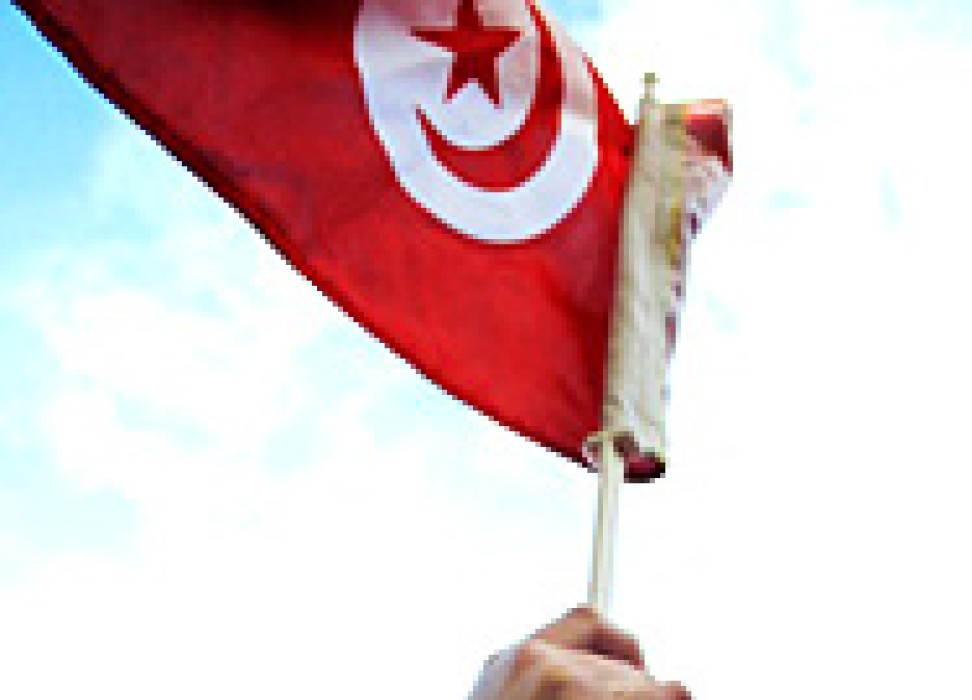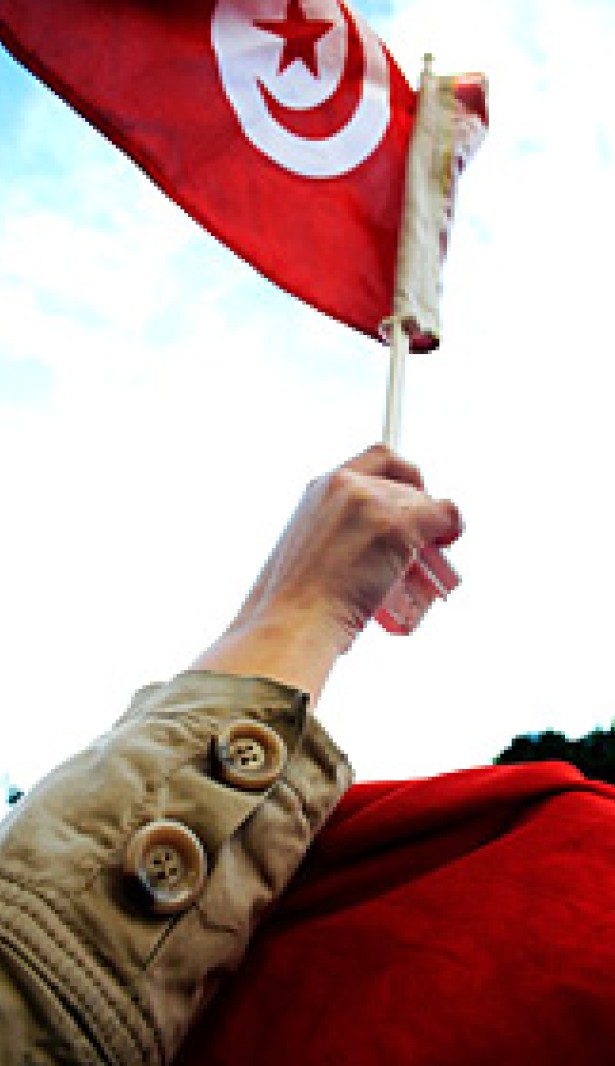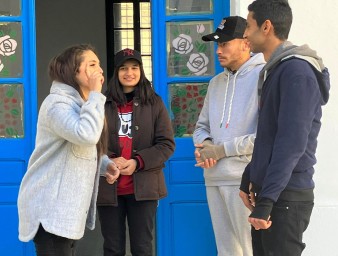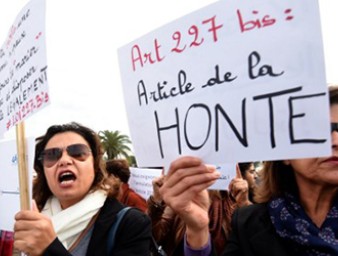Taking on the past: the Tunisian Truth and Dignity Commission
09 June 2014

On 9 June 2014, Tunisia formally established its Truth and Dignity Commission, reaching a milestone in its progress toward a truly representative political and judicial system. Welcoming the Commission as a “a great step forward”, UN Human Rights Chief Navi Pillay said, “Tunisia is once again showing the way forward in a region where popular demands for change have had tragic consequences.”
The International Conference held to mark the event, was addressed by Tunisia’s most senior government representatives, the President, Dr. Mohamed Moncef Marzouki, the President of the National Constituent Assembly, Dr. Mustapha Ben Jaâfar, the Prime Minister Mehdi Jomaa and the Minister of Justice, Human Rights and Transitional Justice, Hafedh Ben Salah. The Resident Coordinator of the United Nations Country Team in Tunisia, Mounir Tabet and David Tolbert, from the International Center for Transitional Justice also spoke at the event, which was broadcast ‘live’ on Tunisian National TV and Al Jazeera.
In January 2011, Tunisia’s long-standing, autocratic regime was removed by popular demand. A critical part of the social and political restructuring of the three years since has been negotiations to agree a transitional justice process to enable reconciliation and redress for past abuses.
Speaking via a video at the official launch, Pillay noted the inclusive and detailed nature of the consultations, which led to agreement on the form of the Commission: “Experience has shown us that the key to success, for any transitional justice process, is mechanisms that are set up and operate in transparency and openness, with the participation of civil society actors.”
Desmond Tutu, the former President of the South African Truth and Reconciliation Commission, in a recorded message, said agreement on the Commission was a critical moment for Tunisia. Drawing on the experience in his own country, Tutu offered this cautionary advice: “View the Truth and Dignity Commission as a starting point. It is how you follow through on the information that is exposed that will determine the project’s success.”
The law creating the Commission was passed by the National Constituent Assembly late last year. Its 15 members will investigate alleged abuses in Tunisia going back six decades, to June 1955. It will also act as arbiter in cases of corruption and gross human rights violations if requested to do so by perpetrators and agreed by victims and it will disperse material and symbolic reparations through the Victims Fund.
There is widespread agreement in Tunisia that long-standing grievances related to social, economic and cultural rights lay at the heart of the revolution. Consequently, the issue of reparations has featured prominently in the debate over transitional justice. The Victims Fund recognizes both individual and collective reparations because the law under which it is established also ‘defines’ regions that have suffered systematic and intentional economic marginalization as potential victims.
The Truth and Dignity Commission will be able to transfer judicial cases to Specialized Chambers created by the transitional justice law. The Chambers will consist of judges who have never participated in political trials. They will receive special training in transitional justice and will adjudicate cases of gross human rights violations as specified in international conventions ratified by Tunisia.
The gross violations might include murder, rape and other forms of sexual violence, torture, enforced disappearance and execution. The Chambers will also preside over cases referred from the Truth and Dignity Commission related to election fraud, financial corruption, misuse of public funds and forced migration of people for political reasons.
After the fall of the Ben Ali regime in 2011, several transitional justice bodies, including two investigation commissions were established, all of whose mandates have now concluded. The subsequent National Dialogue on Transitional Justice, launched in mid-2012, was an intensive process of national and local consultations on the basis of which the transitional justice law was drafted by a coalition of civil society organizations.
The UN Human Rights Office and United Nations Development Programme (UNDP) have worked closely with the Ministry of Human Rights and Transitional Justice, assisting with the national and regional dialogues; offering specialist training in transitional justice techniques, and in documentation, monitoring and reporting; and supporting a communications campaign to raise awareness of transitional justice.
“Only the careful and incremental establishment of the truth, leading to recognition of injustice and sincere attempts to repair the harm that has been done, can achieve [that] national reconciliation,” Pillay said.
Pledging the continuing support of the Human Rights Office, the High Commissioner said her Office is “proud to have accompanied [the] process of building Tunisia’s Truth and Dignity Commission.
9 June 2014




